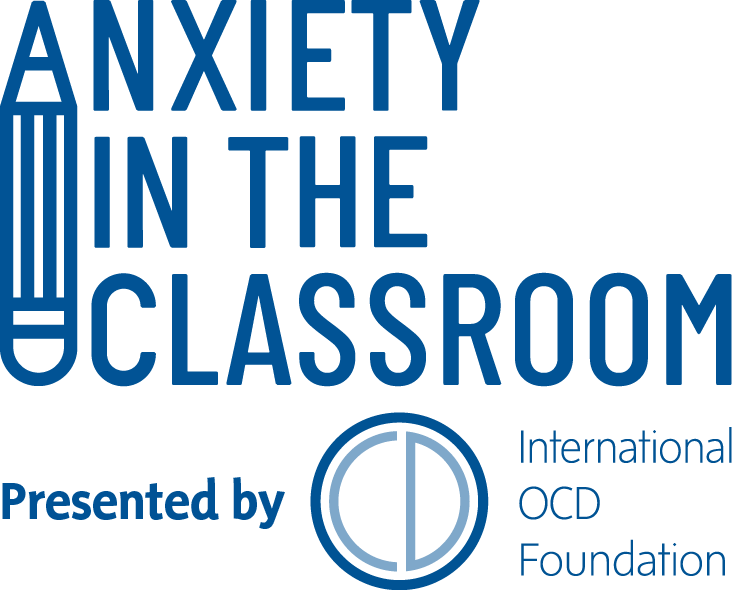Navigating Young Adulthood with OCD/anxiety
Young adulthood is a time of new beginnings. You may be living away from your family or on your own for the first time, starting a job or college, meeting new people, looking to make friends, or start dating. The normal stresses of these situations help us learn to problem-solve and handle challenges. However, if you have anxiety or OCD, these events may seem much more stressful and lead to an increase in your symptoms. Even if you are excited and eager to enter this phase of your life, it’s a time of change and transition. It’s unfamiliar, unpredictable, uncontrollable, uncertain — the perfect recipe for anxiety and OCD.
Impact of Anxiety/OCD
- You may feel overwhelmed by all the day-to-day tasks, choices, and decisions in front of you, and unsure if you can manage them all correctly or perfectly.
- You may find yourself stuck in loops of worrying, trouble making decisions, procrastinating, and avoiding things that need to be done.
- You may spend a lot of time in rituals — checking your work, making sure things are perfect, just right, clean, or organized.
- You may find that you are not using your time wisely or efficiently, because you’d rather be doing something that’s a lot more fun than homework, work projects, or studying for tests.
- You may procrastinate and think you’ll get to something later, or you may be so anxious about it, that you deliberately avoid it.
- You may find it easier to distract yourself on the internet, with videogames, social media or movies.
- Without family around (as when you were younger), you may find it hard to keep a schedule and maintain structure in your day. If you fall behind in your responsibilities because you are overwhelmed, procrastinating, or doing rituals, the added stress of catching up may feel crushing. You may become frustrated, discouraged and down on yourself.
Tips for Managing a Few Common Challenges:
Remember, even though you’re a young adult, it’s important to ask for help if you need it.
Time Management
Create Structure:
Consistency can make us more organized, efficient, and productive. Creating a daily schedule is a simple strategy that provides structure and can help. A daily schedule will give you a sense of routine, predictability, and purpose. You may find a sense of accomplishment when you successfully meet your goals for each day.
Plan Ahead:
Organize your schedule a week ahead. Each evening, review what’s on your schedule for the next day so you can anticipate and be prepared for it.
Find Balance:
Make sure you include a balance of work, play, rest, and sleep in your schedule, to reduce burnout.
Procrastination
Schedule:
If you have a structured schedule, by the hour, you may be less likely to procrastinate.
Break Down Large Tasks:
Break down larger projects into smaller parts and schedule time to do them so that you don’t get too overwhelmed. You may feel more successful as you complete each part.
Keep Calm:
Cool down that Feeling Temperature! What’s a feeling temperature you ask? Well, it’s a technique to check whether your anxiety is appropriate to the given situation or if it’s too much.
Timer:
Use a timer to work in 25–45 minutes blocks of time, then take a break for 5–10 minutes between work blocks. Stretch, take a quick walk, or do a short activity during the break, then get back to work. Short, planned breaks make tasks seem less overwhelming, provide a sense of success, and respite that energizes you for the next block of work.

Test Anxiety
Study:
The better you know the material, the less anxious you may be. If it’s difficult, ask for help from peers, teachers, or others.
Strategy:
Having a test-taking strategy makes test taking more efficient and organized. For example, you could skim the test to get an overview. Then, answer the easiest questions first. Mark the difficult questions, and come back to answer them after you’ve finished the easy ones. This strategy may give you more confidence as well as ensure that you’ll at least complete the easy ones, after which you can spend more time tackling the difficult ones
Keep Calm:
Most importantly, keep your Feeling Temperature cool! The more anxious you are, the more energy and focus you will spend on managing your anxiety rather than on the test. You may waste energy and time with negative self-talk and predictions that you won’t do well. Take a few deep breaths as you prepare, and before you start the test. Remind yourself that you’ve studied and just have to do the best you can.
Maintain Care:
Although college counselors are determined to help their students, they do not always have some of the extra education/tools/resources that a dedicated therapist may have. So it is important that if you are seeing a therapist to remain consistent with your sessions. You can even try scheduling virtual sessions if you are out of town for school.
Learn more about the Young Adult Special Interest Group (SIG)
Young adulthood is a unique period in a person's life, a period defined by one thing: change. For practically every young adult, all the twists and turns of this period are hard...and OCD doesn't make it any easier. We know because we're going through it too. This group is composed of young adults with OCD from across the world all navigating similar challenges and here to encourage each other!



